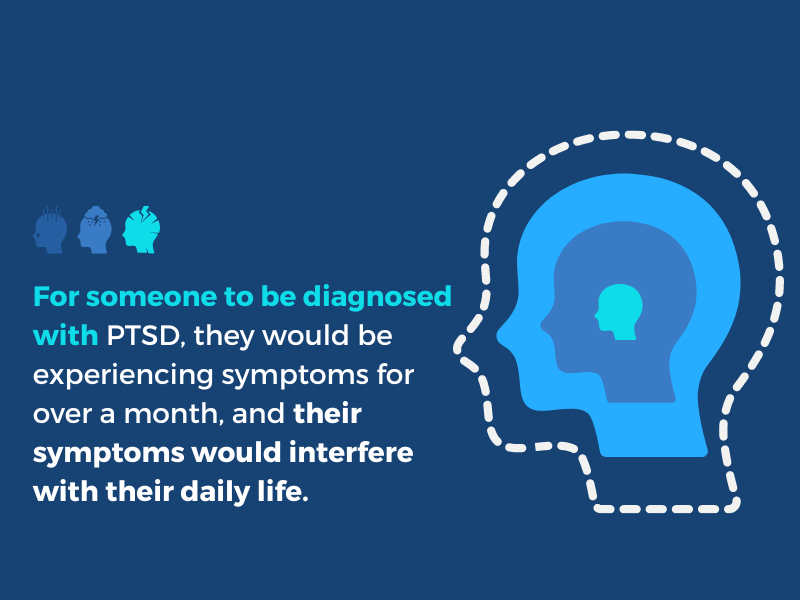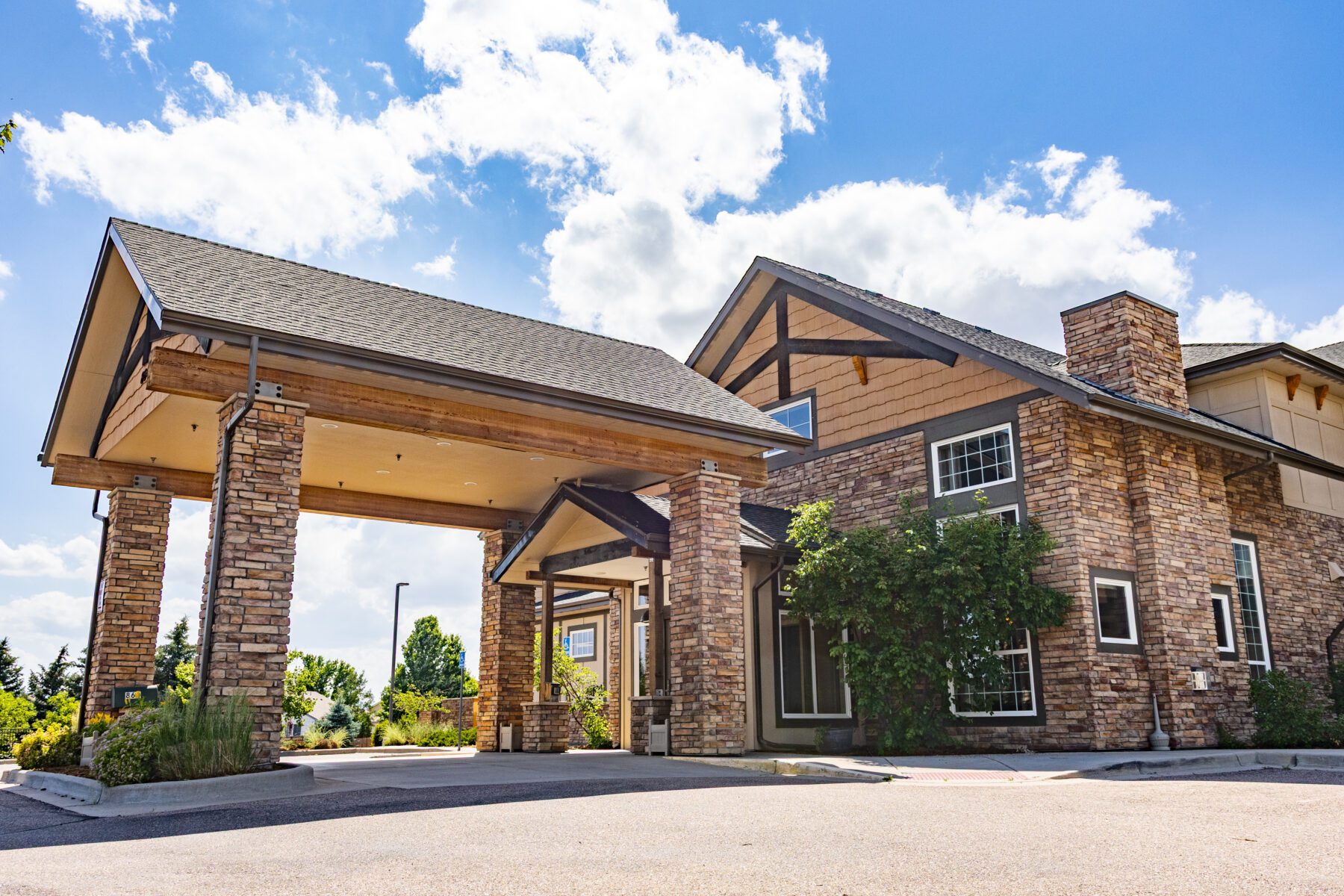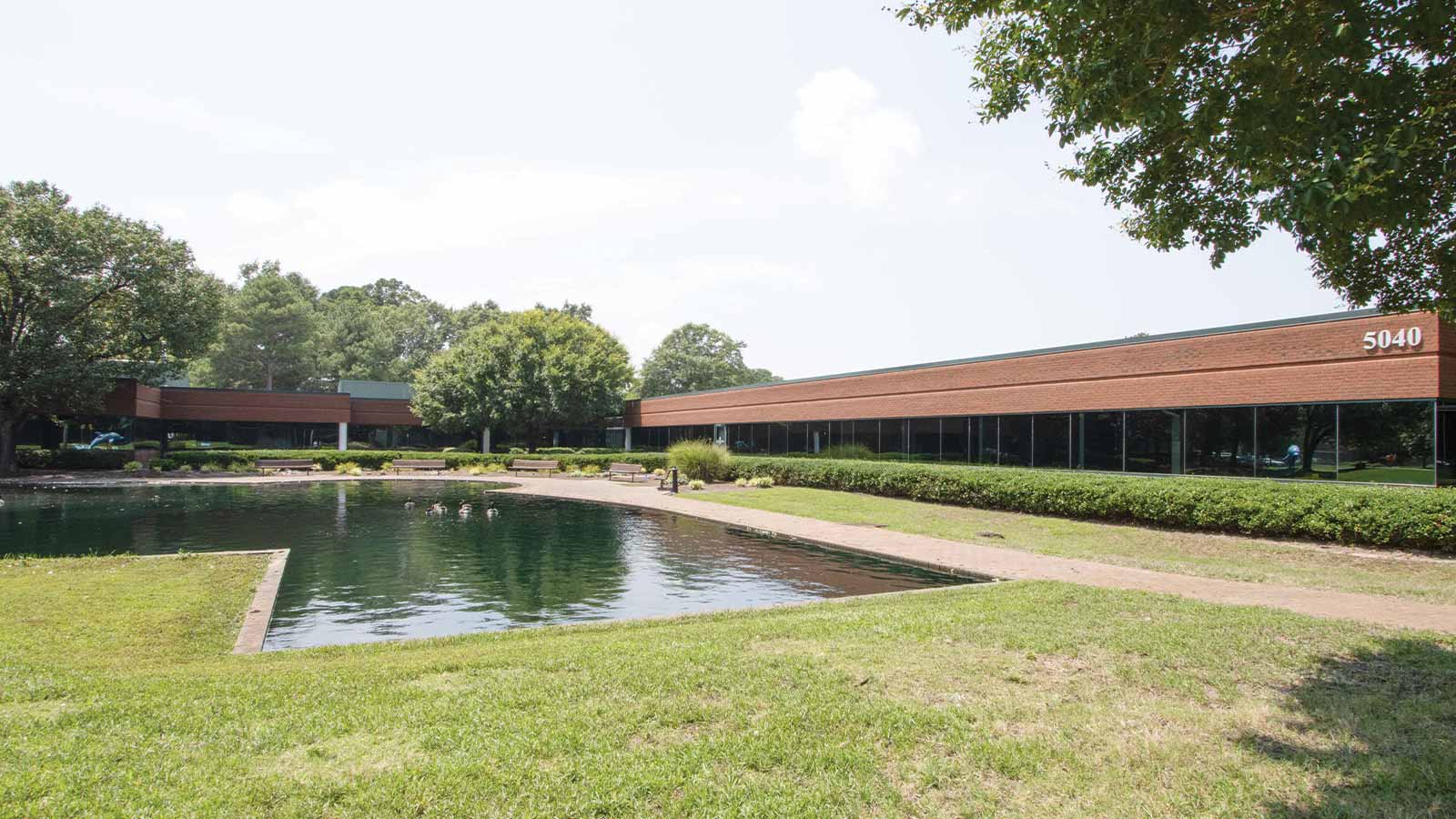Teen PTSD and Trauma Treatment
Here you’ll find 5+ reasons you may want to seek professional help after experiencing a traumatic event.
Post-Traumatic Stress Disorder is a mental disorder that develops in people who have experienced or seen a traumatic event.
A traumatic event may be an accident, natural disaster, sexual abuse, physical abuse, domestic violence, war, or the death of a loved one.
When someone experiences a traumatic event, it is normal to feel anxious, worried, sad, or afraid after it happens. Fear triggers the “fight or flight” response in your body as a way to protect you from harm.
Sometimes, PTSD doesn’t develop immediately after trauma, and symptoms can ebb and flow over time.
According to the National Institute of Mental Health, PTSD is a mental disorder that occurs in people who have experienced a scary or dangerous event.
Yes, teen PTSD is a mental disorder and should be taken seriously.
If gone untreated, symptoms of PTSD can worsen and harm an individual’s health and well-being.

Sandstone is here to help. Even if we aren’t the right fit, we’ll help you find and take the next step to treat teen PTSD.
There are four main types of symptoms that occur in PTSD, which include re-experiencing, avoidance, arousal and reactivity, & cognition and mood.
Symptoms associated with PTSD in teens can also include destructive behaviors, a need for revenge, or distorted feelings of guilt that the trauma was their fault.
Flashbacks, nightmares or bad dreams, & scary thoughts.
Avoiding places, events, people, or objects that can remind a person of their traumatic experience.
Avoiding feelings or thoughts related to trauma, such as doing something at all times, so they don’t have to think about anything.
Feeling tense, being “on edge,” getting startled easily, sleeping problems, & outbursts of anger.
Memory problems associated with the traumatic event.
Negative thoughts or feelings about oneself.
Feeling guilty or placing blame. Loss of interest in things they used to enjoy, or feeling isolated.

The main treatments for teen PTSD include psychotherapy, medication, or both. Sandstone Care is here to support teens and young adults with substance use and mental health disorders.
PROGRAMS
We provide a full spectrum of treatment programs to meet your unique situation and needs.
Our Outpatient program is an individualized daytime program that takes place over 8 to 12 weeks.
Sandstone Care’s Outpatient program is one of our mental health treatment options for teens with depression, anxiety, PTSD, and other behavioral health conditions.
Our mental health treatment program highlights individualized treatment, a multi-disciplinary team, family involvement, and a continuum of care.
Knowing the signs and symptoms of PTSD to look out for in yourself or your loved ones is important.
For someone to be diagnosed with PTSD, they would be experiencing symptoms for over a month, and their symptoms would interfere with their daily lives.
If you believe you or a loved one may be experiencing PTSD, it is important to seek professional help to get a proper diagnosis.
A health care provider, such as a psychiatrist or psychologist, can determine if the symptoms meet the criteria for diagnosing PTSD.


Anyone can develop PTSD, including children and teens.
Teens may develop PTSD if they have experienced trauma or have witnessed traumatic events happen to someone else.
It is already difficult for children and teens to express their feelings; many may not know how to talk about a traumatic event or who to talk to.
Teens who have PTSD may experience flashbacks or nightmares of trauma.
It can be very difficult for a teen with PTSD to function on a daily basis, especially when it comes to school or in relationships.
A teen with PTSD may act impulsively, experience anxiety, have trouble focusing, or isolate themselves.
If you notice a loved one or teen experiencing signs of PTSD, it is important to help them seek professional help.
You may need treatment for PTSD if you have experienced or witnessed a traumatic event and have experienced symptoms of PTSD for more than a month.
If you are experiencing symptoms that affect your everyday life, treatment can help make those symptoms more manageable and allow you to live a happier and healthier life.


The main way PTSD is treated in teenagers is through psychotherapy, medication, or a combination of both.
Teens face a variety of unique challenges, so any treatment plan created for a teenager with PTSD should consider many factors. What may work for one person may not work for another.
PTSD typically does not go away on its own without treatment.
With treatment, a person can manage their symptoms and live the lives they want.
Three treatments that are used for PTSD include:
The effectiveness of treatment depends on each individual.
What works for one person may not work for another, and vice versa.
When developing a treatment plan, a person’s unique needs are considered, and different approaches to therapy might be tried until you find one that works for you.
PTSD can make it hard for a person to enjoy life and be happy.
Someone with PTSD may not act, think, or behave like they used to.
It can affect their whole life and daily functioning and can cause a negative strain on their responsibilities and relationships between family members and friends.
PTSD can also lead to negative thoughts, and a person with PTSD may also experience panic disorder, depression, or suicidal thoughts.
If you or a loved one are experiencing suicidal thoughts, seek help. You can call the National Suicide Prevention Lifeline at 988, or if you are in imminent danger, call 911.

Sandstone Care provides age specific care for those who struggle with substance use, mental health, and co-occurring disorders. We have treatment centers throughout the United States.
The Continuum of Care
Access a full range of treatments for mental health and substance use disorders. Whether you need a safe residential living community, inpatient care, or outpatient therapy, we have a program to help.

11820 Parklawn Dr. #403, Rockville, Maryland, 20852
(888) 850-1890
864 Barranca Drive, Castle Rock, CO 80104, Castle Rock, Colorado, 80104
(888) 850-1890
5040 Corporate Woods Dr., Virginia Beach, Virginia, 23462
(888) 850-1890FAQs
Our goal is to provide the most helpful information. Please reach out to us if you have any additional questions. We are here to help in any way we can.
If your child or loved one is struggling with PTSD, it is important to help them feel safe.
They may need extra support and care, and being present and there when they need you makes all the difference.
Spend quality time with them whenever they are comfortable, and encourage healthy and relaxing activities such as going outside, exercising, journaling, or engaging in breathing exercises.
You can also help them maintain a stable and balanced routine when it comes to eating and sleeping.
One of the biggest ways you can help your teen with PTSD is by getting them professional help and supporting them throughout the treatment process.
Learning more about PTSD and educating yourself can help you better understand how to provide help and support.
There is no cure for PTSD; however, psychotherapy can be used to treat PTSD, sometimes without the need for medication.
Yes, children and teens can develop PTSD.
PTSD doesn’t necessarily go away.
However, with treatment and therapy, a person can get relief from some of the symptoms of PTSD and live healthy and happy lives.
According to Dialogues in Clinical Neuroscience, traumatic stress can be associated with lasting changes to areas of the brain, including the amygdala, hippocampus, and prefrontal cortex.
Research is being done on how PTSD alters the brain and how treatment can help.
PTSD may affect a person’s personality.
PTSD can lead to changes in a person’s mood, thinking, feelings, and behavior. Because of this, a person may not be or seem the same as they once were.
Someone with PTSD may avoid certain situations or lose interest in things they used to once love. By getting help for PTSD, a person can learn how to cope and manage their symptoms so that they can enjoy their life and do things they once used to love.
The most researched type of medication for treating PTSD is antidepressants, specifically selective serotonin reuptake inhibitors (SSRIs).
SSRIs may help certain symptoms that can come with PTSD, including worry, anger, sadness, and emotional numbness.
The best and most effective treatment for PTSD typically involves psychotherapy, medication, or a combination of both.
Having PTSD itself does not mean a person is disabled, but if the PTSD is so severe to the point where it affects their ability to function daily in society, then it could be considered a disability.